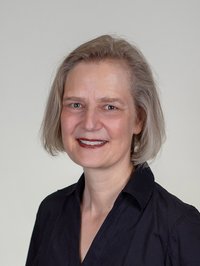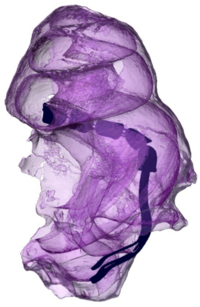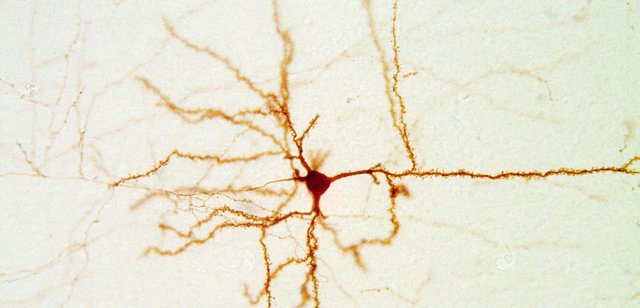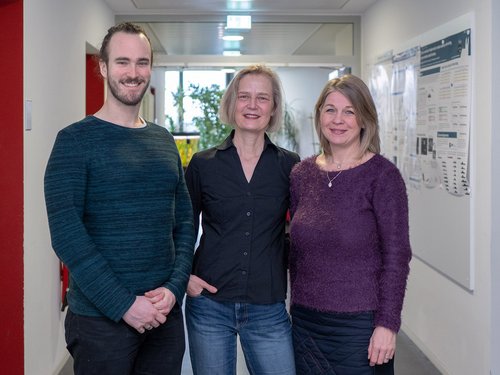Pathophysiology of Hearing
The group investigates psychophysical and neurophysiological consequences of altered hearing (for example in case of bilateral or unilateral deafness) in the Mongolian gerbil.
Current experiments aim at differentiating the consequences of deafness onset at different age stages of juvenile gerbils. The project illuminates developmental processes of hearing in young gerbils and aims to establish potential translational strategies using electric cochlear stimulation specific for the treatment of hearing impairments in different developmental stages.
- Head
Head

The physician Maike Vollmer received her license to practice medicine in 1993 at the University of Kiel and received her doctorate in 1994 at the University of Düsseldorf. She then worked as a postdoctoral fellow at the University of California, San Francisco, USA. After completing her specialist training in ear, nose and throat medicine, she continued her scientific work in the USA and at the University of Frankfurt/Main in 1999. In 2006, she established a neurophysiological research lab at the University Hospital of Würzburg. In 2013, she habilitated there in neurophysiology. In 2017 she held a Dorothea Erxleben guest professorship at the Otto von Guericke University in Magdeburg.
The physician and scientist is investigating the influence of previous hearing experiences and learning on the development and alteration of neuronal signal processing. The aim of her research is to develop stimulation and training strategies for patients that enable them to significantly improve their hearing.
- Members
Members
Head PD Dr. Maike Vollmer +49-391-6263-94441 maike.vollmerl@lin-magdeburg.de PhD students Merle Berents +49-391-6263-94452 merle.berents@lin-magdeburg.de Andrew Curran +49-391-6263-94452 andrew.curran@lin-magdeburg.de Technical staff member Kathrin Ohl +49-391-6263-95461 kathrin.ohl@lin-magdeburg.de - Projects
Projects

Age-dependent effects of hearing loss on neural signal processing and possible readjustments by subsequent electric cochlear stimulation
Microsecond differences in the arrival time of sound between the two ears (interaural time differences, ITDs) are the primary cue for accurately localizing low-frequency sounds and for speech understanding in noise. There is increasing evidence that inhibitory connections are essential components in neural circuits that process ultrafast temporal information and contribute to precise ITD processing. Auditory deprivation can disturb the structural refinements of inhibitory inputs and produce long-lasting deficits in temporal acuity and ITD coding.
In an animal model for unilateral hearing the proposed project aims at understanding the functional relevance of inhibition for precise temporal information processing in the developing and adult auditory system. We plan to characterize the precise time course of critical period regulation of functional ITD coding and its association to certain stages of normative development. Based on these results, we plan to further determine whether the restoration of binaural hearing with a cochlear implant permits the recovery of ITD-relevant binaural integration and inter-hemispheric balance of neural activation in the early and adult unilaterally deafened auditory system. Deafness and stimulation induced functional changes will be correlated to synaptic and morphological rearrangements of inhibitory projections in auditory brainstem nuclei and will be compared with the predictions of computational models. Results will help identifying key principles of critical period plasticity for binaural integration and ITD processing and will provide insights into the timing and type of potential therapeutic approaches appropriate for restoration. - Current Third Party Funds
Current Third Party Funds
2015-2020
DFG SPP 1608/2, Vo 640/2-2
"Ultrafast and temporally precise information processing: normal and dysfunctional hearing"


